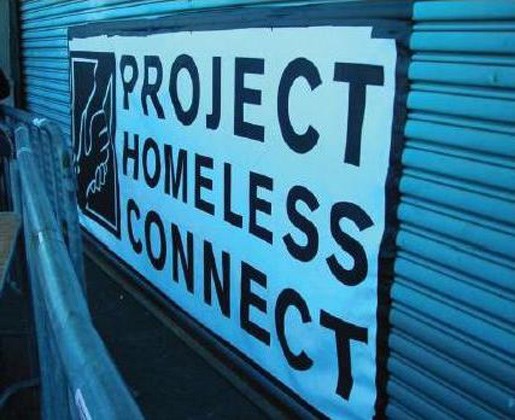Wanted: Wheelchair accessible rental unit for $375 per month.
Sitting at the desk in my office at Chimo, I hear a faint voice asking, ‘Can someone help me?’
I head to the lobby where I see one of our outreach workers giving a man in a wheelchair a glass of water. He looks unwell.
I take the outreach worker aside and suggest we call an ambulance. She informs me he was just released from hospital.
Back in the lobby, I stand closer to the man while the outreach worker asks him if he’s okay. It’s at that point I realize I’ve seen him before.
I first met him early one evening when he stopped by our centre to ask if there were any cold weather shelters open. He was told that these shelters were only open when the weather was -2 degrees, and the weather that particular evening was a balmy 0 degrees.
However, we told him there was a regular shelter open in North Vancouver that had a bed — if he wanted to take transit to get there. He didn’t. Instead, he chose to stay in Richmond and sleep outside, again.
Apparently, if and when the man had money, he would stay in a motel. When he didn’t have money, he would live on the streets, sleeping in his wheelchair.
He would visit our centre sometimes during the day to use the wheelchair-accessible washroom or to get any food we may have on hand like granola bars.
We have tried finding housing for this man but so far have not been successful.
The barriers are several, including the fact that income for a single person on social assistance is $610 per month with $375 designated for housing.
I personally searched — there are no places in Metro Vancouver for rent at $375. In fact, the cheapest place I could find was $450 and that was for a single bedroom — not an apartment, just a bedroom within an apartment. This man would require supportive care as well as wheelchair accessibility.
Having a place to live gives us many things. It gives us warmth and safety, but it also gives us a place to call our own, a place to belong.
In fact, where we live and how we live impacts almost all aspects in our lives. Without a place to call home, our overall health (physical and mental) is severely impacted.
Homelessness also leaves its mark on our economy, as many who want to work can’t, because they have nowhere to live.
Here at Chimo, we work hard at finding rental units for people who are homeless. In fact, many of the people we work with are women who are fleeing abuse. These are typically, young, healthy and able-bodied people who are looking to rebuild their lives and start over. If we can’t find a home for healthy and physically capable people, imagine the difficulty we’re having in finding a place for this one older, homeless man who lives in his wheelchair.
Next time you’re out, take a moment to look around you, he lives on the streets in Richmond.
Diane Sugars, MBA, is the executive director at CHIMO Community Services. She has worked in the social services field for over 30 years with a focus on organizational development and community cohesiveness. She can be reached at [email protected].



